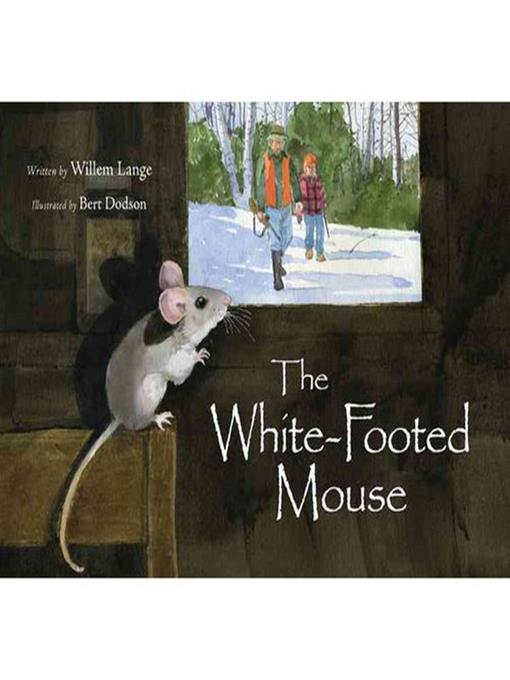
The White-Footed Mouse
کتاب های مرتبط
- اطلاعات
- نقد و بررسی
- دیدگاه کاربران
نقد و بررسی

October 8, 2012
“I had the greatest dad that any kid has ever had,” opens this homespun and nostalgic story from the creators of Favor Johnson. The narrator’s recollections of his outdoor enthusiast father teaching him to bird watch and canoe gives Dodson the chance to exhibit his considerable skill at portraying the natural world in simple, disarming paintings. The narrator recalls Dad preparing him for his first hunting trip with the admonition never to “kill anything—fish, bird, or animal—you don’t intend to eat.” Huddled by the woodstove in their hunting camp, the two see a mouse in the rafters, and Dad rebukes the boy for feeding it a piece of cheese, saying he’ll set a trap for it tomorrow. When Dad prepares the trap, the boy argues that the tiny creature isn’t hurting anyone, and harks back to his father’s earlier rule, slyly asking, “Are we going to have him for breakfast or lunch?” It’s an authentic portrait of a father-son relationship, one with particular appeal for families whose love of hunting is tied to a strong respect for nature. Ages 4–8.

February 1, 2013
Gr 1-3-This parable is told with a mix of old-fashioned and modern-day wisdom. A father introduces his son to nature at a young age; they go for walks through the woods and he shows the child how to find nests hidden in trees, build birdhouses, canoe, fish, swim, and hunt. "The greatest dad that any kid has ever had" also teaches his son rules: "Don't kill anything you don't intend to eat." When he is eight, they go on their first camping trip and stay at a cabin, where his dad spots a little white-footed mouse warming up on a stovepipe. The boy feeds it a piece of cheese, and his father scolds him, explaining that he doesn't want mice inside the camp. The next day they return from hunting and the father wants to set a trap to catch the mouse. The son reminds his dad of the rule, saying, "Well, okay. Are we going to have him for breakfast or lunch?" Watercolor illustrations highlight nature, but come across as a bit flat except for one spread showing the mouse enjoying the piece of cheese, which is somewhat animated. The facial expressions of the people are static. Overall, this is a thoughtful story that will prompt questions and discussion in a storytime, classroom, or home, especially about hypocrisy.-Anne Beier, Hendrick Hudson Free Library, Montrose, NY
Copyright 2013 School Library Journal, LLC Used with permission.

























دیدگاه کاربران